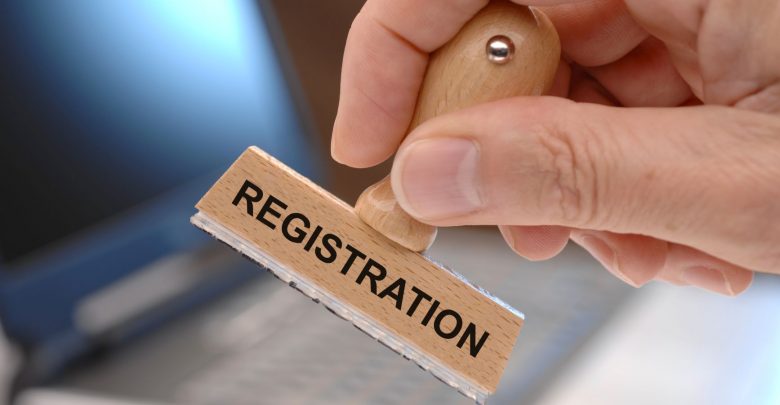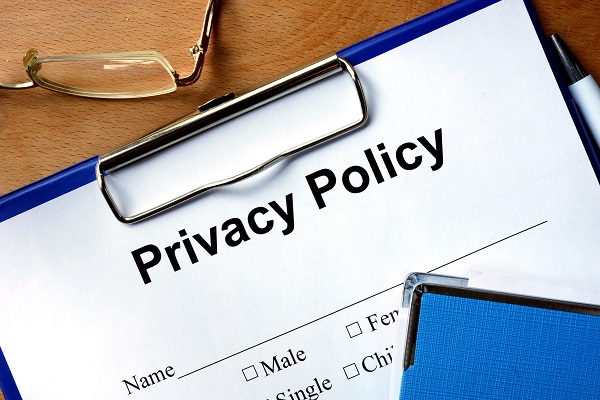
Unnecessary and unfair: Why Airbnb rejects NSW short stay plan
For four long years the question of how best to regulate home sharing has been debated and deliberated at great length by both the NSW parliament and the government.
In that time, there’s been two premiers, five different ministers, a parliamentary inquiry, public hearings, community consultations, industry workshops, thousands of submissions and an options paper.
Arguably, this has been one of the most scrutinised areas of reform in recent memory. In that time, South Australia, Tasmania, and Victoria have introduced fair and balanced rules and regulations, which Airbnb has welcomed and supported.
But now, more than a year after the new rules were first announced, the NSW government is again reviewing on what its policy is and has released yet another discussion paper which changes both the nature and impact of their proposed regulatory framework.
The key change is the idea of introducing a compulsory registration scheme applying to anyone who shares their home. There is a genuine risk of compulsory registration being complex, costly and time-consuming which will make it harder than it needs to be for people to share their space or home.
There are several issues with this idea, the first of which is procedural. The manner in which the government announced such a significant policy reversal was jarring and undermined our community’s confidence in the integrity and fairness of the process. Registration had been considered and ultimately rejected at every previous step. Our community took the government at their word when they categorically ruled out registration, only to be left in the lurch.
Onerous registration is not the best way to achieve the government’s stated objectives of ensuring compliance and collecting data. Both of these valid and important goals can be achieved without forcing hosts to navigate new red tape. In Tasmania, the government introduced a new data sharing framework which will ensure compliance and give authorities the data they need without burdening locals with new red tape.
Given there are better means that achieve the same ends, it is unclear why the government would even consider onerous registration.
One potential explanation is the government is simply copying what a tiny minority of jurisdictions have done, ignoring the fact that the overwhelming majority of cities and towns welcome home sharing around the world, and see it as a way of empowering locals to make some money, and to grow tourism.
Another potential explanation is the government has caved to the aggressive and behind closed doors lobbying of vested interests, international hotel groups who return very little to the local community. These vested interests treat registration with almost talismanic status and view it is a way to put up a barrier to severely restrict home sharing. If the big international hotel lobby is pushing for something, you can usually guarantee it’s not designed to empower local home sharers.
Finally, onerous registration would make it harder and more expensive for local families to both earn extra income as a host or afford a holiday as a guest. It creates a significant and unnecessary time and financial barrier to becoming a host. Before being able to earn extra income, a family might have to fork out thousands of dollars and wait weeks or even months.
At the end of the day, our community wants what the government wants. We both want fair and balanced regulations that give everyone long overdue certainty.
We both want mechanisms which ensure compliance and give policymakers the data they need to make good decisions. We both want to grow tourism and create new economic opportunities for local communities.
But where we disagree is how to achieve that. Onerous registration is an unfair and unnecessary policy. It is hard to reconcile it with the government’s commitment and track record of reducing red tape and easing the cost-of-living. We would ask the government to honour its past commitments and support people’s choice to responsibly share their home without navigating onerous red tape.
Julian Crowley is Airbnb’s public affairs manager for Asia Pacific








I have never read such a load of rubbish. It could only have come from Airbnb as no one else in the accommodation industry would agree with this article.
It is not the large hotel chains which are hurting from the Airbnb model but more the smaller cottages, cabins B&B’s who do comply with the State and Local Council regulations which are hurt by the uncontrolled Airbnb model. Do we honestly think that Airbnb is doing this to help the small accommodation business. All they have done is devalue and reduce standards., without any consequences other to make themselves a huge amount of money. Much of which is shipped overseas with little or no tax paid to our government.
It is about time our State and Federal Governments got their act together and finally regulated this UN-regulated monster.
I agree Richard. Lets ensure all accommodation providers are regulated. Small moteliers are charged commercial rates, pay commercial rates for their electricity and gas, are inspected regularly, comply with all OH&S standards. Their leases have been devalued due to an oversupply of rooms. Commissions are paid to overseas giants who pay little of no tax in Australia, yet we are the ones employ staff and in turn keep our economy going. Airbnb’s have a place, but lets make it an equal playing field. Government needs to act now.
We are thoroughly in agreeance with you comments. We are an accommodation provider in a regional area and Airnb is having a detrimental effect on our business. Local home sharers have no responsibility to their guests while we are paying additional insurance to cover loss of guests’s property and a $20 million public risk policy as well as business priced council rates, water rates, council fees for inspection of food premises and pools, and land tax on our property.
Totally agree Richard.
Well said, the article is a real smokescreen hence the use of ‘Home Share’.. Local Governments have had their heads in the sand over this issue for too long. I could go on and on but we need someone who has real ticker to take our LGA’s, State and Federal Governments to task. Most Industry associations also bury there heads in the sand. This issue is affecting the wider Industry and very much regional areas.
Hi Julian
In your article you state that international hotel groups return very little to the local economy.
Could you please back up your statement including comment on investment, expenditure on rates, taxes, utilities, wages, operating costs etc that filter through the local economy.
Your throw away comments do nothing for the credibility of your company. I would expect a person in your position would have a slightly better grasp of economics.
Well said Richard, and this should apply to most technology interlopers whose business ideology is to bypass regulatory, compliance, and tax minimization protocols. The damage can be reversed if governments are bold enough, not be overwhelmed by their propaganda and do the right thing for the sake of all true hospitality providers………NHI
“There is a genuine risk of compulsory registration being complex, costly and time-consuming”. You mean like normal, legitimate businesses have to go through.
“government has caved to the aggressive and behind closed doors lobbying of vested interests, international hotel groups who return very little to the local community.” You mean those organisations that employ significant numbers of the local community who in turn live in the community and thereby return a social and economic return to that community. And as far as lobbying is concerned, let’s not forget Airbnb lobbying Canberra to change the Capital Gains tax rules to make their hosts exempt from any capital gains tax.
“Before being able to earn extra income, a family might have to fork out thousands of dollars and wait weeks or even months.” You mean like all the other poor schmucks like me who have conventional businesses that have all the normal regulatory and legislative burdens to deal with.
If you want to argue that this is the sharing economy, then it stands to reason that you share the same regulatory burden as every other legitimate accommodation business. And, yes, any reasonable person would agree, that the moment you rent your property out, be it for a day, a week, a month or a year, you are in business. I’m sure the overwhelming majority of Airbnb properties are ‘gilding the lily’ when they claim their expenses on their income tax return.
I must hand it to Airbnb, they have created an aura that hosts are somehow ‘special’ or ‘different’ and therefore immune from the obligations the legitimate operators within the accommodation industry.
I totally agree with Richard Air bnb places should be regulated we all should be on the same playing field paying the same payments eg Tourist levies Rates at commercial level , insurance ect if they had to pay what we have to pay to keep our place going then they may find it a little to hard, I live in a tourist town and it has affected a lot of the accommodation places up here as Air bnb is much cheaper as they do not have the expenses we have to keep a business operating
This debate has been ongoing for quite sometime. The use of the term “home share” is a great deflection as anyone in the Industry knows, it is a far bigger picture, We can all talk about the Feds and State Gov’ts but the real elephants in the room are Local Governments and many of our Industry Associations that fail to stand up for the development of tourism. Fully compliant small operators in Regional Australia are suffering while their “look a likes’ pay bugger all. One day our powers to be will realise the importance of compliant accommodation..